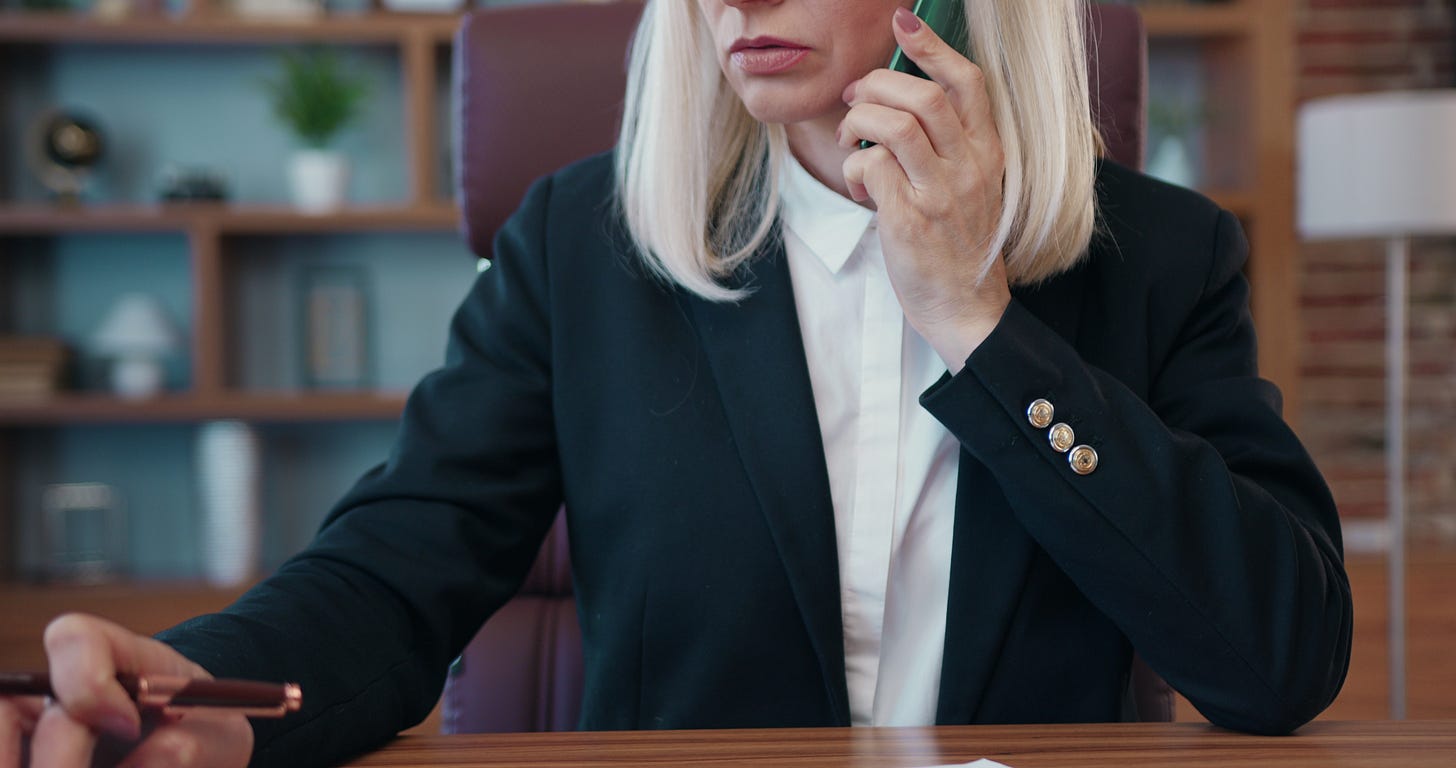There is a growing awareness around aging and ageism.
Here, at The Art 2 Aging, we talk about it with expert guests every week. Perhaps it’s a bit like the old saw that goes like this: I really want to drive an Audi and suddenly, I see Audis everywhere.
A bit like that. But there’s way more to this growing awareness around being older in a world that doesn’t always support that.
For example, with a global population that is aging – despite a few country exceptions – those who are older are either being forced out through mandatory retirement, are fed up in a job where they are often ignored or, at best, tolerated or they’re just plain tired of a working routine they’ve been repeating for decades.
It’s intriguing to see how the topic of aging seems to dominate a lot of discussion on LinkedIn, for example. Thought leaders like Janine Vanderburg, Susan Bell, Dave McCaughan, Bob Kramer, Helen Hirsh Spence – there are too many more to mention – write and post daily about the perils and pitfalls of ageism in an aging world.
By far the biggest economic impact is on the workforce. Companies spanning all economic sectors are suffering from veteran employees leaving and taking with them decades of hands-on experience.
The companies then discover that they’re not able to replace them with anyone nearly qualified enough. Why? Because the new applicants are young and inexperienced.
This single point is made over and over in commentary every day.
With a shrinking workforce, productivity falls (AI can only take you so far), revenue and profits slip and layoffs tick up. Sure, there’s more to an economic downturn that older workers leaving but, believe me, it will become more and more apparent to the wider population. Just give it time.
For me, I hadn’t experienced ageism much at all until the other day. I took my partner to a massage/chiropractic clinic where she was going to enjoy a reflexology session.
Since my back was acting up, I thought I’d inquire at the front desk if the resident chiro had five minutes to discuss my situation with me. I made some joke about being 72.
Turns out, he wasn’t in, so the receptionist kindly offered to call him.
“What would you tell him,” I asked her.
“Well,” she said, “I’d explain that there was an elderly gentleman here with some questions.”
Whoa, I said, easy with the ageism. She looked totally perplexed, unaware of what, why, or how she had said what she said.
I wondered if I had overreacted but the more I thought about it, the more I realized how deeply ingrained and endemic is the idea that anyone over, let’s say, 65 is “elderly.”
What the hell is “elderly” anyway? It’s nothing more than a label. But it’s a label that packs a lot of built-in prejudice.
My dear departed mother, who had aphorisms spilling out of her, would often say to me when I was a kid and upset because someone had called me a name, “My father always used to say, ‘sticks and stones may break my bones but names will never hurt me.’”
She had never heard of Donald Trump. But I digress.
I wondered if I shouldn’t adopt her point. Was being called ‘elderly’ all that bad? Or was my ego just a little bit bruised?
But here’s the real point, as I now see it. The exchange occurred at a chiropractic clinic where, I’ll wager, the average age of the patients is mid 50s and up. In other words, older individuals facing the reality of older bodies.
When we had Helen Hirsh Spence on the show (A 21st Century Re-Think On Aging), she talked about the courses she designs for employers that help them see where their ageist attitudes are serving no purpose except to cast a bad light on the company.
And when Janine Vanderburg was a guest (A Declaration of War), she described the battle she wages every day against ageism in the workplace. And she knows how to wage a battle.
I believe that’s the case here. Perhaps more health clinics need to be owned or managed only by those over 55. I don’t know.
However, I do know that in order to make a sweeping change in attitude across a sector or across a society, it begins at the individual level. Because prejudice is not in the water that everyone drinks. It’s in the mind.






I resent being called or thought of as elderly. The statistics may say so - according to one's age, but I am not my age I am me. The best term I can come up with is an older adult.